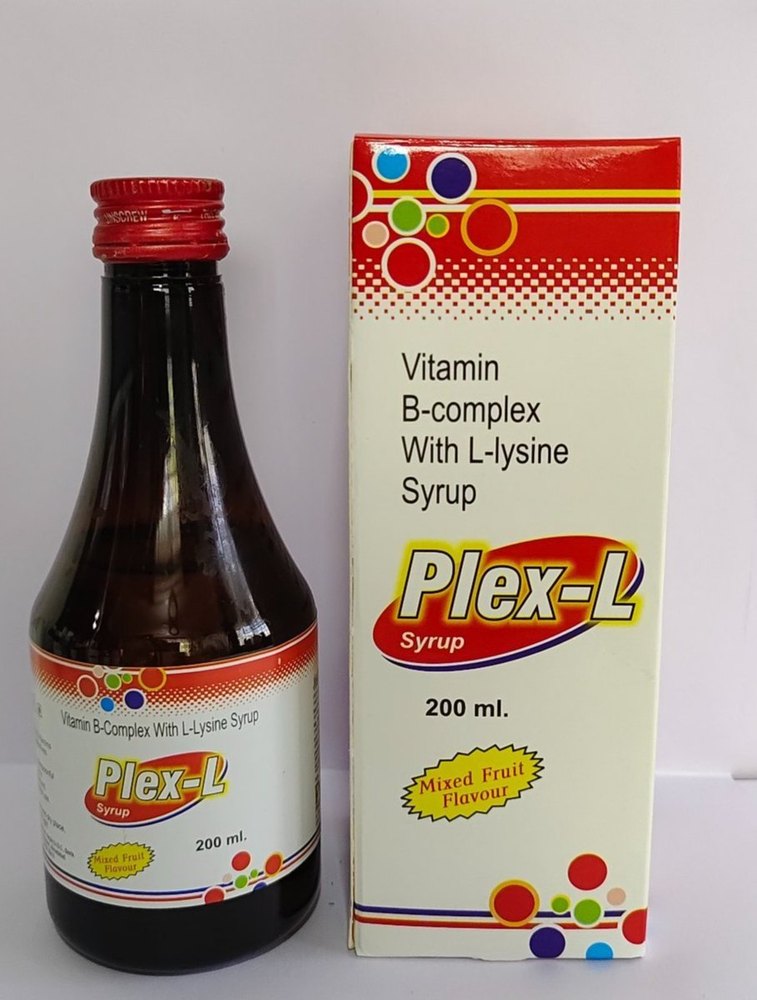Omfil
Omfil Capsule: Quick Facts
Omfil Capsule (Omeprazole 20mg) is a proton pump inhibitor (PPI) from Fourrts India Laboratories Pvt Ltd., available in Nepal. It helps reduce stomach acid for conditions like Peptic Ulcer, H. pylori infection, GERD, and Zollinger-Ellison syndrome.
Key Information:
- Generic Name: Omeprazole
- Strength: 20mg
- Adult Dose (Oral): Varies by condition; generally 10-40mg once daily. For H. pylori, it’s part of combination therapy.
- Administration: Take delayed-release capsules on an empty stomach, at least 1 hour before meals; swallow whole.
- Contraindications: Known allergy to omeprazole.
- Precautions: Rule out stomach cancer; use caution if pregnant or breastfeeding.
- Side Effects: Common side effects include headache, abdominal pain, diarrhea, nausea. Serious allergic reactions are rare but possible.
- Mechanism: Blocks the “proton pump” in stomach cells, significantly reducing acid production.
₨712.00
Ask about productDescription
Omfil Capsule: Uses, Dosage, and Side Effects
Omfil Capsule (20mg Omeprazole) is a proton pump inhibitor (PPI) manufactured by Fourrts India Laboratories Pvt Ltd. It’s available in Nepal and is used to reduce stomach acid and treat various related conditions.
Key Information
- Generic Name: Omeprazole
- Strength: 20mg
- Manufacturer: Fourrts India Laboratories Pvt Ltd
- Pack Size: 100 capsules
- Retail Price: 7.12 NPR (per capsule)
Indications
Omfil Capsule is prescribed for:
- Peptic Ulcer: Sores that develop on the lining of the esophagus, stomach, or small intestine.
- H. pylori Infection: A bacterial infection that can cause stomach ulcers.
- Gastro-oesophageal Reflux Disease (GERD): Chronic acid reflux that irritates the food pipe.
- Zollinger-Ellison Syndrome: A rare condition causing tumors that release large amounts of gastrin, leading to excess stomach acid.
- Oesophagitis: Inflammation of the esophagus.
- Acid-related Dyspepsia: Indigestion caused by excess stomach acid.
- NSAID-associated Ulceration: Ulcers caused by the use of non-steroidal anti-inflammatory drugs.
Dosage
Adults (Oral):
- Peptic Ulcer: 20mg or 40mg per day in severe cases for 4 weeks (duodenal ulcer) or 8 weeks (gastric ulcer).
- Maintenance: 10–20mg per day.
- All doses are taken once in the morning.
- NSAID-associated Ulceration: 20mg once in the morning.
- Gastro-oesophageal Reflux Disease (GERD): 20mg per day for 4 weeks; may continue for another 4–8 weeks if necessary.
- Refractory Oesophagitis: 40mg per day.
- Maintenance: 20mg per day (after healing of oesophagitis); 10mg per day (acid reflux).
- All doses are taken once in the morning.
- Zollinger-Ellison Syndrome: Initially, 60mg once in the morning, adjust as required. Dose Range: 20–120mg per day. Doses exceeding 80mg are administered in 2 divided doses.
- Prophylaxis of Acid Aspiration (during general anaesthesia): 40mg given in the evening and another 40mg 2–6 hours pre-operation.
- Acid-related Dyspepsia: 10mg or 20mg once in the morning for 2–4 weeks.
- Erosive Oesophagitis: 20mg per day for 4–8 weeks.
- Maintenance of Healing: 20mg per day for up to 12 months.
- All doses are taken once in the morning.
- H. pylori Infection:
- Triple Therapy (7 or 10 days): 20mg twice daily OR 40mg once daily combined with specific antibiotic regimens (e.g., amoxicillin 500mg and metronidazole 400mg both three times daily; or clarithromycin 250mg and metronidazole 400mg (or tinidazole 500mg) both twice daily; or amoxicillin 1g and clarithromycin 500mg both twice daily).
- 2-week Dual Therapy: 20mg twice daily OR 40mg per day combined with either amoxicillin 750mg to 1g twice daily or with clarithromycin 500mg three times daily.
Adults (Intravenous):
- Gastro-oesophageal Reflux Disease; Gastric and Duodenal Ulcers; NSAID-associated Ulceration: 40mg once daily infused over 20–30 minutes or slow injection over 5 minutes until oral administration is possible.
- Zollinger-Ellison Syndrome: Initially, 60mg per day, adjust according to response. Daily doses exceeding 60mg per day should be given in 2 divided doses.
Elderly: No dosage adjustment is typically needed.
Hepatic Impairment: 10–20mg per day.
Children (Oral):
- GERD:
- >1 year:
- 5–10kg: 5mg orally once daily
- 10–20kg: 10mg orally once daily
- >20kg: 20mg orally once daily
- >1 year:
- Erosive Esophagitis:
- 1 month to <1 year:
- 3 to <5kg: 2.5mg once daily
- 5 to <10kg: 5mg once daily
- >10kg: 10mg once daily (May treat for up to 6 weeks)
- 1–16 years:
- 5 to <10kg: 5mg orally once daily
- 10 to <20kg: 10mg orally once daily
- >20kg: 20mg orally once daily (May treat for 4–8 weeks)
- 1 month to <1 year:
- Safety and efficacy have not been established for children under 1 year for GERD or under 1 month for erosive esophagitis.
Renal Impairment: No dosage adjustment is typically needed.
Administration
- Delayed-release capsules: Should be taken on an empty stomach, at least 1 hour before meals. Swallow whole; do not chew or crush. For patients with difficulty swallowing, the capsule may be carefully opened, and its entire contents sprinkled into a spoonful of applesauce. Swallow this mixture without chewing immediately after preparation. Do not store the drug/food mixture for later use.
- Powder for oral suspension: Should be taken on an empty stomach, at least 1 hour before a meal.
- MUPS tablets: May be taken with or without food.
- Capsules (general): Should be taken with food, immediately before a meal.
Contraindica
Do not use Omfil Capsule if you have a known hypersensitivity (allergy) to omeprazole or any of its components.
Precautions
- Gastric malignancy (stomach cancer) should be ruled out before initiating treatment.
- Use with caution during pregnancy and lactation.
- Not recommended for children under 1 year.
- Monitor magnesium concentrations prior to initiation and periodically thereafter.
- Omeprazole distributes into human breast milk; use caution if breastfeeding.
Interactions
- Increased risk of hypomagnesaemia with diuretics.
- May increase INR and prothrombin time with warfarin.
- Increased risk of digoxin-induced cardiotoxic effects.
- May increase plasma concentration of benzodiazepines (e.g., diazepam), clarithromycin, and methotrexate.
- Decreased absorption of itraconazole, ketoconazole, posaconazole, dasatinib, and iron salts.
- May prolong elimination of diazepam, cilostazol, phenytoin, and ciclosporin.
- May reduce the antiplatelet effect of clopidogrel.
- Potentially Fatal: May decrease plasma concentrations and pharmacological effects of rilpivirine, nelfinavir, and atazanavir.
Side Effects
Common side effects (occurring in 1–10% of patients) include:
- Headache (7%), abdominal pain (5%), diarrhea (4%), nausea (4%), vomiting (3%), flatulence (3%), dizziness (2%), upper respiratory infection (2%), acid regurgitation (2%), constipation (2%), rash (2%), cough (1%).
Less common or rare side effects (frequency not defined) include:
- Bone fracture (including hip fracture), osteoporosis-related issues, hepatotoxicity (rare), agranulocytosis, anorexia, gastric polyps, alopecia (hair loss), atrophic gastritis, interstitial nephritis (rare), pancreatitis (rare), rhabdomyolysis, taste perversion, abnormal dreams, and toxic epidermal necrolysis (rare).
Potentially Fatal: Anaphylaxis (severe allergic reaction).
Mechanism of Action
Omeprazole is a proton pump inhibitor (PPI). It blocks the final step in gastric acid secretion by specifically inhibiting the H+/K+ ATPase enzyme system, which is located on the secretory surface of the gastric parietal cell. This action effectively inhibits both basal (resting) and stimulated acid production in the stomach.
Important Note
The information provided here is for general knowledge and informational purposes only and should not be considered medical advice or a substitute for professional medical judgment. Always consult with a qualified healthcare professional for any health concerns or before making any decisions related to your health or treatment.
Additional information
| form | Oral Tablets |
|---|





Reviews
There are no reviews yet.